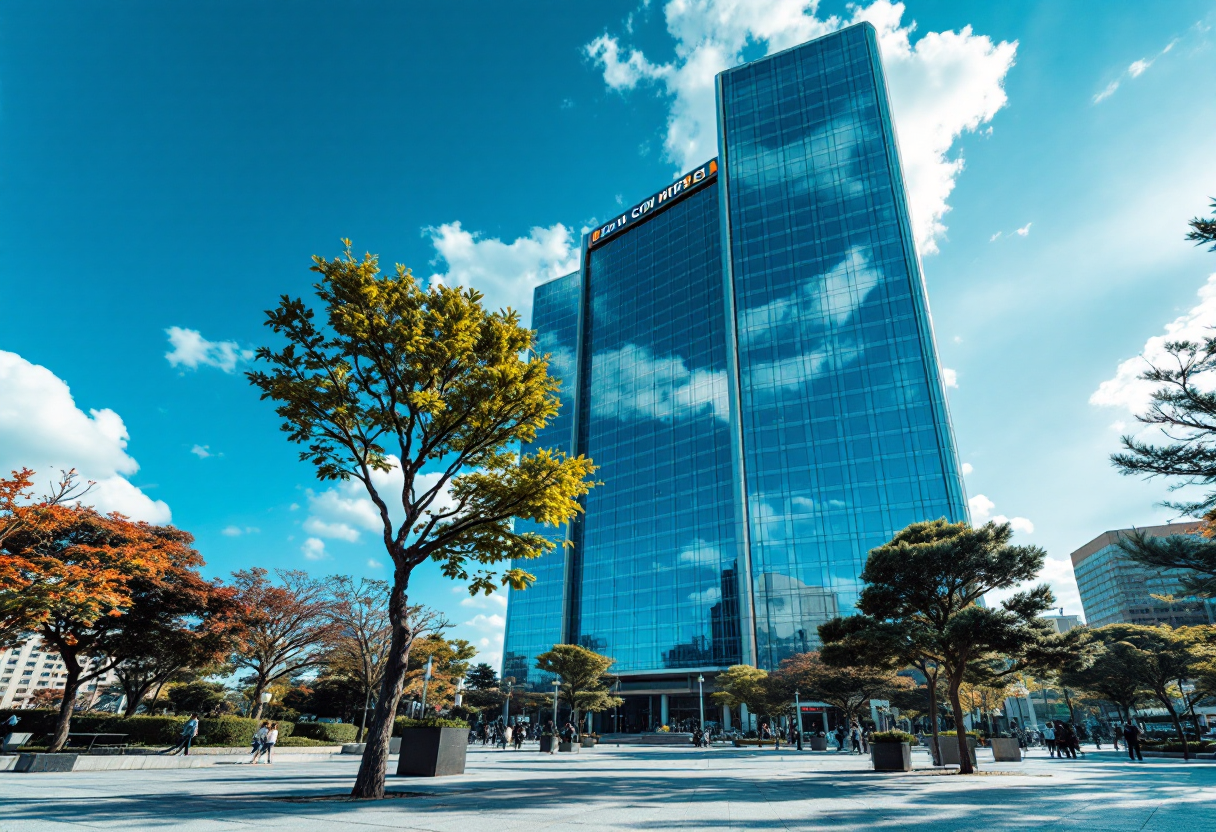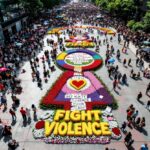Table of Contents
The backdrop of political unrest in South Korea
In recent weeks, South Korea has found itself at the center of a political storm, with President Yoon Suk Yeol facing an unprecedented impeachment motion. This turmoil has been fueled by Yoon’s controversial declaration of martial law, which he later apologized for, claiming it was made out of desperation.
The declaration, the first of its kind in over four decades, has sparked widespread protests, with thousands of citizens taking to the streets to voice their discontent. The opposition parties, holding a significant majority in the National Assembly, have seized this moment to challenge Yoon’s leadership, arguing that his actions constitute a self-coup.
The implications of martial law
Yoon’s martial law declaration was met with immediate backlash, leading to a swift vote in the National Assembly to overturn it. Observers noted the military’s unusual presence around the parliament, raising concerns about the potential for violence and further unrest.
The president’s assertion that parliament was a “den of criminals” and his commitment to eliminate perceived anti-state forces have only intensified the public’s anxiety. As the opposition prepares for a parliamentary vote on the impeachment motion, the stakes are high.
If passed, Yoon’s powers would be suspended, and Prime Minister Han Duck-soo would assume presidential responsibilities, marking a significant shift in South Korea’s political landscape.
The role of public sentiment and protests
The public’s response to Yoon’s actions has been palpable, with protests erupting across major cities.
Demonstrators have creatively expressed their dissent, incorporating K-pop lyrics into their chants, showcasing the unique blend of culture and politics in South Korea. This grassroots movement reflects a broader discontent with the current administration and a desire for accountability.
As the impeachment vote looms, the opposition is rallying support, hoping to secure the necessary votes to pass the motion. The outcome of this political crisis will not only determine Yoon’s fate but also shape the future of South Korean democracy.




